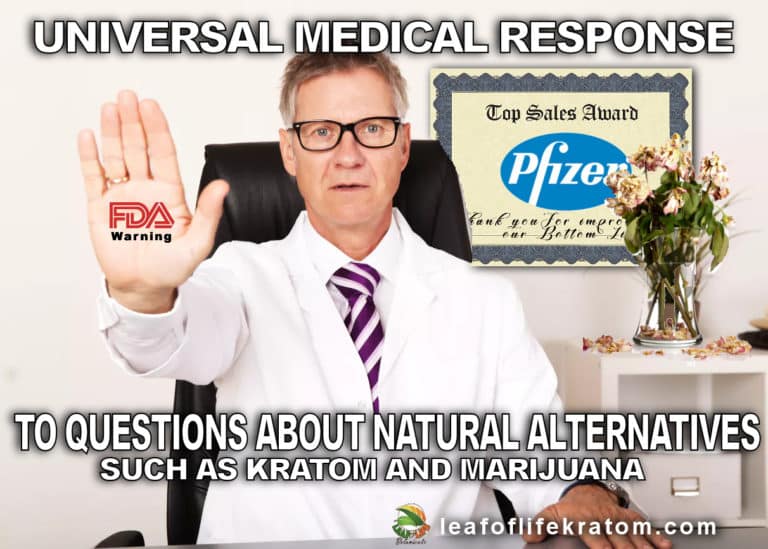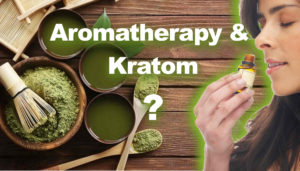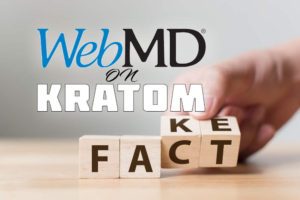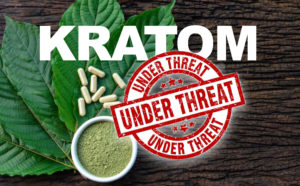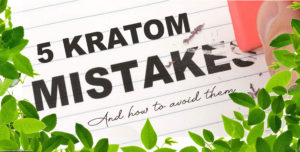Recently WHO World Health Organization has decided that there is insufficient evidence to demonize kratom. It will apparently remain in the lowest status category of international health concern, “under surveillance,” but not considered an immediate and pervasive threat of diabolical catastrophe to the human race.
The legality of kratom, and the science looking into this remarkable herbal substance, is in flux and it’s very exciting to keep up with it all. A roller coaster ride, up to victory, down in defeat, back and forth.
There was an interesting article in the Washington Post about kratom in 2018.
QUOTE
The Feb. 22 news article “CDC warns about kratom after salmonella outbreak” reported that “Most of the people sickened have reported consuming kratom in pills, powder or tea, according to the CDC.” But that is not what the Centers for Disease Control and Prevention reported.
The CDC reported that, from Oct. 13, 2017, to Jan. 30, 2018, there were 28 cases of salmonella in which people were likely to share a common source of infection.
The CDC interviewed only 11 people in the 28 cases. Of those 11, eight reported consuming kratom. Eight of 28 people is far from the “most of the people” that the article claimed.
There is no information publicly available on how or whether the CDC determined that the 17 people who were not interviewed consumed kratom. It is also unclear how the three interviewed people who did not consume kratom became infected with salmonella.
The CDC’s claim that kratom is the likely source of the outbreak is based on epidemiologic data, but this hypothesis cannot be proved without completion of the ongoing investigation.
There may be an issue here, and the government should work with vendors to ensure that good manufacturing practices are implemented and help fund continued kratom research.
END QUOTE
Now we must be happy that some mainstream media outlets are open minded and want kratom to be treated fairly. When a prominent news source takes another news article to task for sloppy reporting, it’s nice to see.
This whole situation is reminiscent of how you often hear about how many people kratom has “killed”.
The deaths were not caused by kratom. They were caused by a combination of substances (e.g., alcohol, Xanax, Oxycontin, cocaine, crystal meth, Fentanyl, etc.), and not kratom alone, which has never killed anybody.
Here, in this story, the goofiness is in how a news article conflated 8 people with being “most of the people” in the study. It was only 8 out of 11 people interviewed, which was from a total pool of 28 persons, and that’s certainly not “most.”
What happens in these cases is bias.
The reporters are told that kratom is bad and they must emphasize negativity in any story about kratom.
Big Pharma is pulling the strings in just about every case. They are the big advertisers on TV, radio, newspapers, magazines, and social media. They call the shots. And Big Pharma hates kratom, along with cannabis, kava, and other natural plant substances that people use instead of dangerous pharmacecutical drugs.
Keep your mind alert to deceptive news stories about kratom. As we gain victories for its legalization and acceptance in the medical field, we will also experience setbacks and backward slidings. This is okay, because it’s looking more and more like kratom will eventually triumph in our lifetimes!



